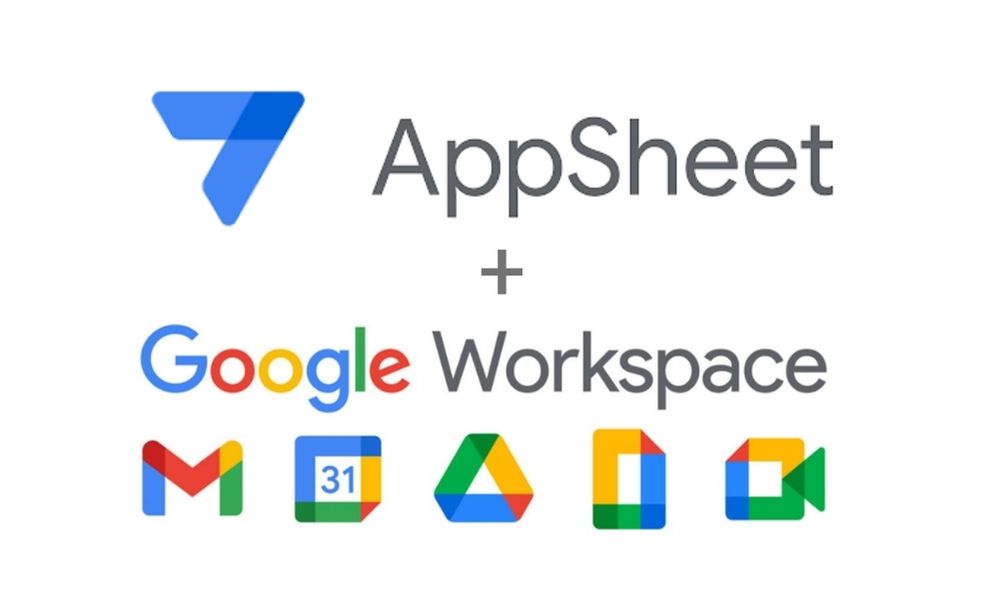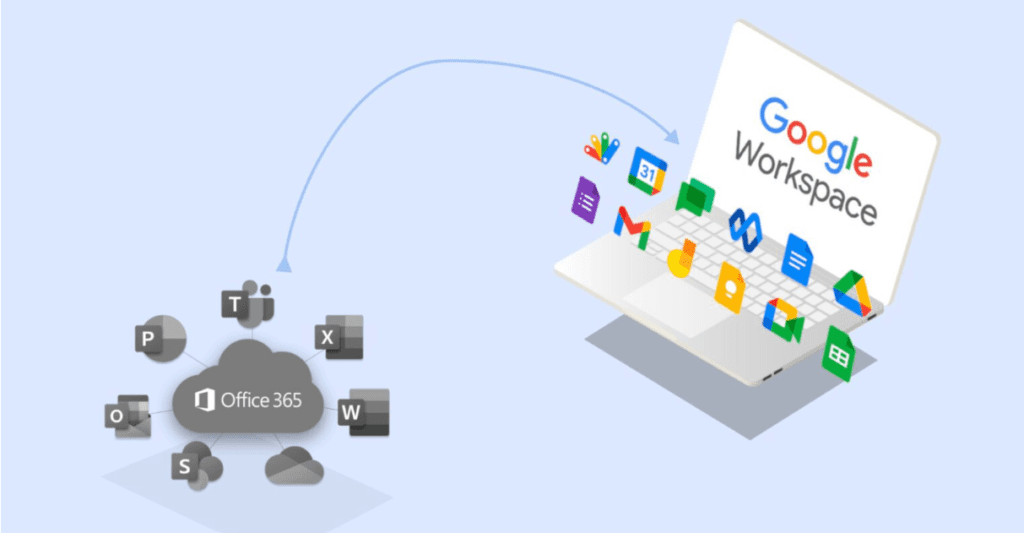In the rapidly evolving world of mobile application development, businesses face critical decisions. The battle line has been drawn and it is native vs cross-platform today. Just like every other thing out there, both options have advantages and disadvantages. Hence making the decision-making process harder than it should be.
Table of Contents
ToggleWhen deciding on which to go with, you should consider different factors. Some of such would include target audience, time to market, budget, and desired app performance. Here, we will explore the differences between native and cross-platform development approaches. To help you determine which is best for your mobile app project.
What is a Native App?
For mobile app development, two well-known approaches can be taken. Hence why the conversation is tagged, native vs cross-platform apps. Or native apps, it is developed specifically for a particular mobile platform, such as iOS or Android. Here, the platform’s native programming languages (Swift or Objective-C for iOS and Java or Kotlin for Android) are used. Native apps are built using the platform’s Software Development Kits and have access to all the device’s features and functionalities.
What is a Cross-Platform App?
On the other hand, a cross-platform app is built using a single codebase that can run on multiple mobile platforms. This approach allows developers to write code once and deploy it on different platforms, reducing development time and effort. Cross-platform frameworks like React Native, Flutter, and Xamarin enable developers to create apps that look and feel native across various platforms. The goal is to find out who wins the native vs cross-platform argument at the end of the day. Now, the definitions have given us a clearer understanding of who they are, now let’s look at their differences.
Native vs Cross Platform - Key Differences
We will not be talking about native vs cross-platform mobile app development if one was not better. Now, understanding each of them will help us determine that and there is no better way to start than with their differences.
- Performance: Native apps have the advantage of accessing device-specific features and APIs, resulting in superior performance and responsiveness. Cross-platform apps, rely on abstractions and may experience slight performance trade-offs.
- User Experience: Native apps can provide a more seamless and intuitive user experience, as they are optimized for the specific platform’s design guidelines and behaviours. Cross-platform apps strive to achieve a consistent user experience across platforms but may encounter slight differences due to platform-specific limitations.
- Development Time and Cost: Cross-platform app development offers the advantage of faster development time and lower costs compared to building separate native apps for each platform. With a single codebase, developers can write and maintain code more efficiently.
- Access to Device Features: Native apps have unrestricted access to device features like GPS, camera, accelerometer, and push notifications. Cross-platform apps rely on plugins or native module integrations to access such features, which may not be as extensive or seamless.
- Code Reusability: Cross-platform apps excel in code reusability since a significant portion of the codebase can be shared across platforms. Native apps require separate development efforts for each platform.
Advantages of Native App Development
The next thing we will be looking at as we observe the native app development vs cross-platform argument is their advantages. Native app development has advantages like;
- Native apps are optimized for the specific platform, resulting in high performance and responsiveness. They leverage the full potential of the device’s hardware and APIs.
- The apps provide a seamless and intuitive user experience consistent with the platform’s design guidelines. They take advantage of native UI components, resulting in better usability and user satisfaction.
- They have direct access to a wide range of device features, such as the camera, GPS, contacts, and sensors. This enables the integration of advanced functionalities and enhances the user experience.
- Publishing a native app on app stores like the Apple App Store or Google Play Store exposes it to a vast audience, increasing visibility, credibility, and potential user acquisition.
Advantages of Cross-Platform App Development
The next item on our list, as we move forward with the native vs cross-platform mobile application development, is the advantages of cross-platforms. They include;
- Cross-platform app development allows for faster time to market since developers write code once and deploy it on multiple platforms. This reduces development time and effort compared to building separate native apps.
- With a single codebase, cross-platform app development reduces development and maintenance costs. Businesses can reach a wider audience without investing in separate development teams for each platform.
- The framework here enables developers to write code once and reuse a significant portion of it across different platforms. This streamlines development simplifies updates, and reduces code maintenance efforts.
- Cross-platform frameworks strive to achieve a consistent user experience across platforms, minimizing discrepancies between iOS and Android versions of the app.
Native vs Cross Platform - Factors to Consider in Choosing
There are so many things you should consider but if you are looking for the best for you, you should focus on;
App Complexity
If your app requires advanced device-specific features and high performance, native development may be the better choice. Cross-platform development is suitable for less complex apps that prioritize cost-efficiency and faster time to market.
Target Audience
Consider the demographics and preferences of your target audience. If your audience predominantly uses a specific platform, a native app tailored to that platform may provide a more optimized and engaging experience.
Development Resources
Evaluate the skill sets and resources available within your development team. Native app development requires expertise in platform-specific languages, while cross-platform development may require learning a specific framework.
Maintenance and Updates
Native apps require separate updates for each platform, which can be time-consuming. Cross-platform apps offer streamlined updates since the codebase is shared, reducing maintenance efforts.
Top Frameworks for Cross-Platform App Development
We are still looking at native vs cross-platform mobile app development and the next on the list is frameworks. This is common for cross-platform app development and so of them include;
- React Native – Developed by Facebook, React Native is a popular cross-platform framework known for its performance and extensive community support.
- Flutter – Flutter, backed by Google is gaining popularity for its fast development cycles, expressive UI, and native performance.
- Xamarin – Owned by Microsoft, Xamarin allows developers to build cross-platform apps using C# and .NET, with access to native APIs and features.
Case Studies: Native vs Cross Platform
There are so many apps already existing and what this means is that each option has a case study. The native vs cross-platform battle is too close to call as they both have built a high-calibre customer base. Examples of such include;
Instagram: Instagram started as an iOS-only native app before expanding to other platforms. The decision to go native allowed them to deliver a seamless user experience and leverage device-specific features.
Airbnb: Airbnb initially used a cross-platform approach with React Native. However, they later transitioned to a hybrid approach, combining native and cross-platform elements to optimize performance and user experience.
Best Practices for Mobile App Development
For a second, we will like you to forget the difference between native and cross-platform apps. At the end of the day, we are trying to build an app and understand the best practices for mobile app development would help. They include;
- Prioritize user experience and usability in the app’s design and interface.
- Optimize app performance by minimizing resource usage, reducing loading times, and implementing caching mechanisms.
- Conduct comprehensive testing and quality assurance to identify and resolve any issues or bugs before launch.
- Stay proactive with regular updates to enhance features, address bugs, and ensure compatibility with the latest platform updates.
Native vs Cross Platform - Conclusion
We have been looking at the native vs cross-platform for a minute now but the good thing is we have an answer. The question ‘how to develop an app’ is continuously on our minds, it does not matter which you go with. Choosing between native and cross-platform app development impacts the success of your mobile app project.
Native apps provide superior performance and a seamless user experience. However, they require separate development efforts for each platform. Cross-platform apps offer faster development time, cost-effectiveness, and code reusability but may have slight performance trade-offs. To get the best option for you, it is important to consider the specific needs of your app, target audience and available resources. This helps you determine the best approach for your mobile app project. The right plan and strategy are all that you need to develop a mobile app that can deliver an exceptional user experience and drive business success.




